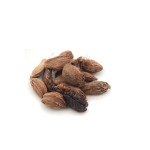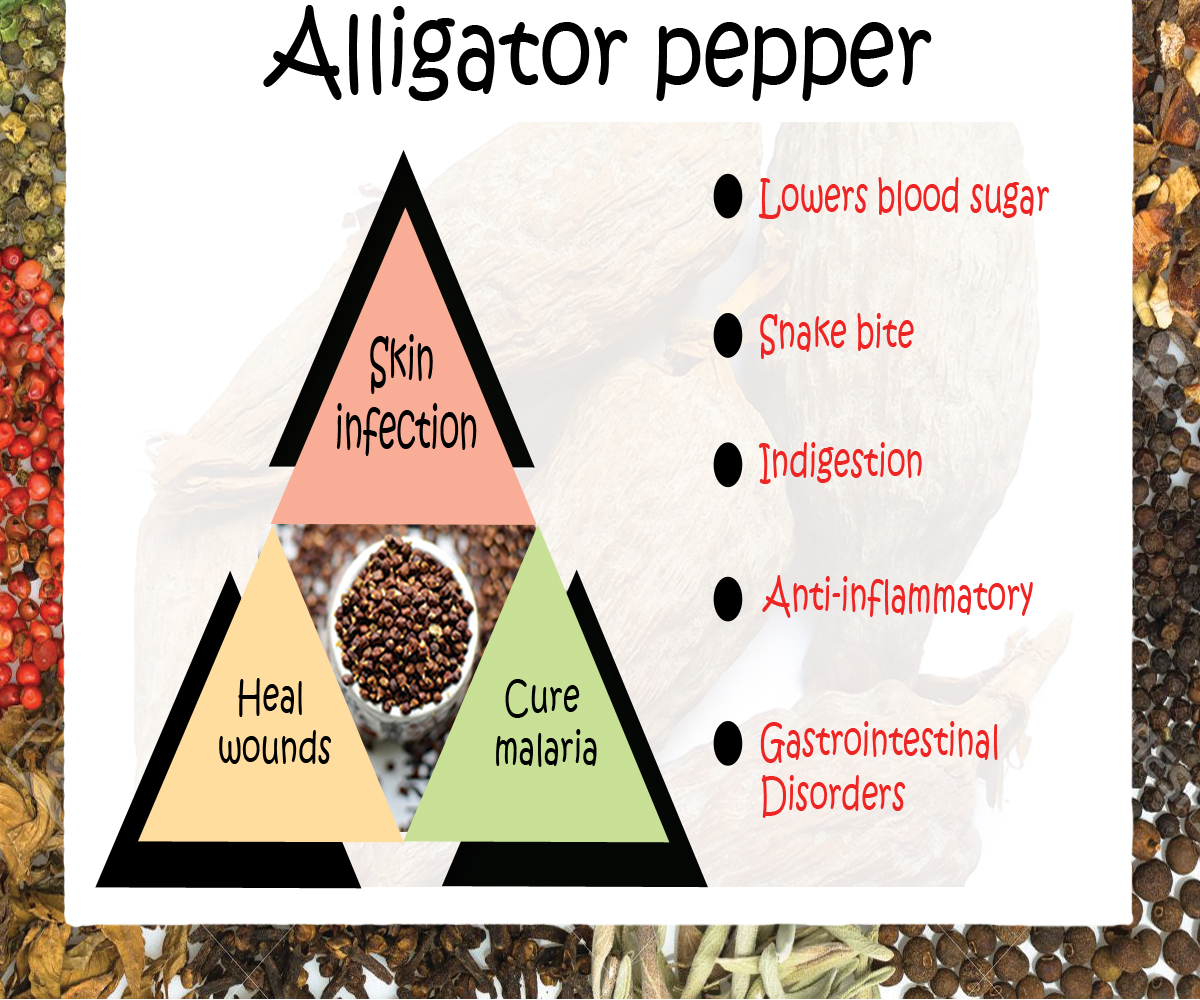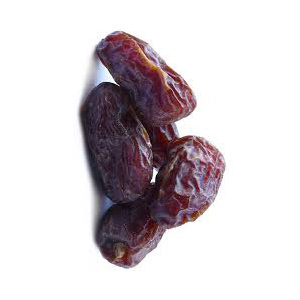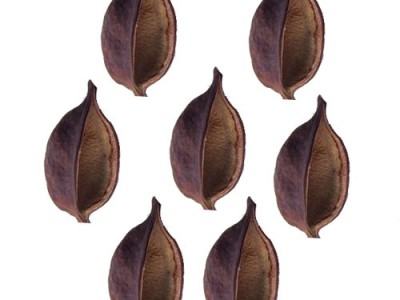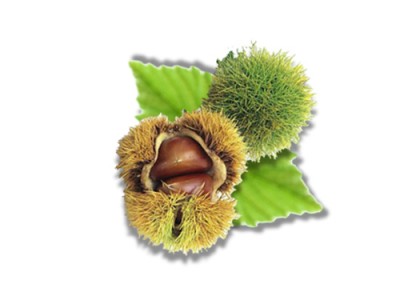
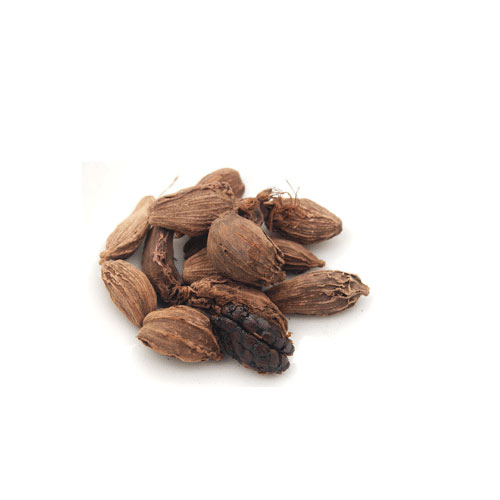
Alligator Pepper Medicinal Values
Aligator Pepper
Human beings generally consume the leaves of the plants only after cooking or boiling and show reluctance to consume it raw. They also consume the flesh of the fruits after peeling of the skin completely. But it is imperative to note that consuming certain leaves without boiling and eating the fruits along with the skin is damn good for the human body. Many animals consume the leaves and fruits without peeling off the outer skin. This topic will deal with the plant named Alligator pepper which is also known as mbongo spice or hepper pepper. The botanical name of this plant is Aframomum danielli.
Properties
This plant is abundantly found in Africa and is a West African spice. This pepper is a relative of grains of paradise obtained from the species A. Melegueta. It corresponds to the seeds and seed pods of A. Danielli A. Citratum or A. Exscapum. Alligator pepper is sold as entire like its relative black cardamom. This herbaceous flowering plant grows perennially throughout the year and is found in swampy parts of West African coast. The seeds are normally seen or revealed only after the pod is opened.
The reason for this name becomes apparent as the seeds have a papery skin enclosing them and the bumps of the seeds within this skin are reminiscent of an alligator’s back. The grains are isolated from the pod and the outer skin is removed before it is sold.
The West Africans includes this pepper in their cuisines and also in their soups. It has a unique aroma and taste. West Africans use this spice sparingly in their cuisines since it is an expensive. Even in West Africa, alligator pepper is an expensive spice, so is used sparingly.
How To Enjoy Alligator Pepper
Often, a single whole pod is pounded in a pestle and mortar before half of it is added (along with black pepper) as a flavoring to West African soups or boiled rice. The spice can also be substituted in any recipe using grains of paradise or black cardamom to provide a hotter and more pungent flavor. When new babies are born in Yoruba culture they are given a small taste of pepper. It is part of the routing baby-welcoming process. They use this pepper in meat products and also in other beneficial ways. They even use this pepper during naming ceremonies and other religious and cultural events.
Medicinal Properties Of Alligator Pepper
- The leaves and seeds of this plant are rich in medicinal properties.
- They are used for the treatment of malaria, wounds and prevent infection, protection against accidents when swallowed before embarking on travelling, to improve the state of drunkenness, to improve digestion.
- This spice is very popular in African countries and steadily gaining popularity all over the world.
- Once the people like the flavor, they can add it in many other ingredients.

